Vitis, Grape Vine
VineDrakshadi (Raisins, Ayurveda)
Pu Tao 葡萄 (TCM)
Kishmish (Raisins, Unani)
rgun brum རྒུན་འབྲུམ (Raisins, Tibetan)
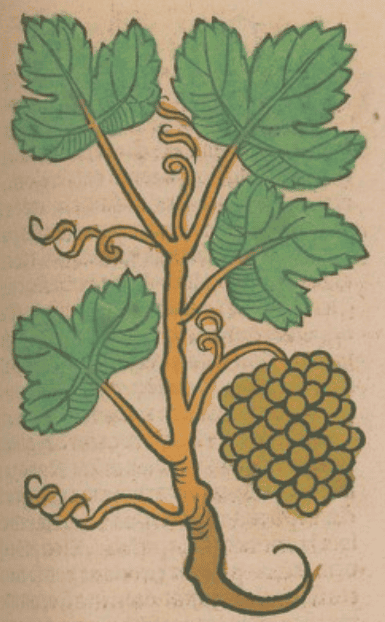
|
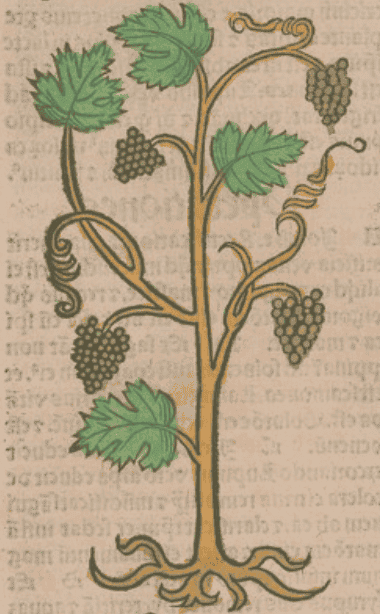
|
Ortus Sanitatis, Meydenbach, 1491
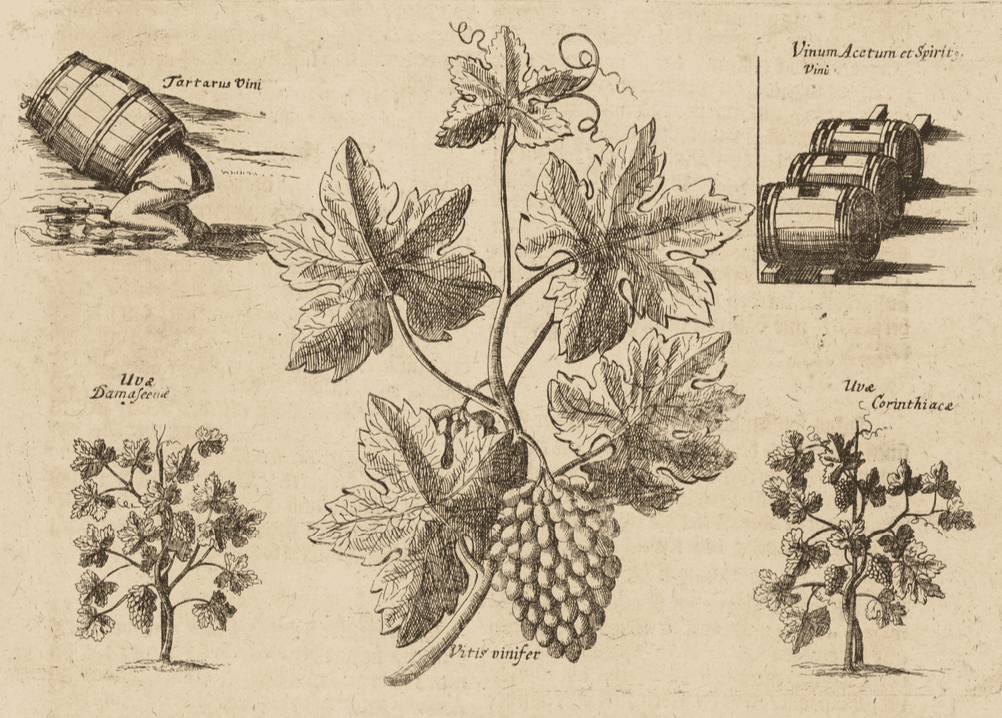 Grape Vine and Wine
Grape Vine and WineMuseum Museorum, Valentini, 1704
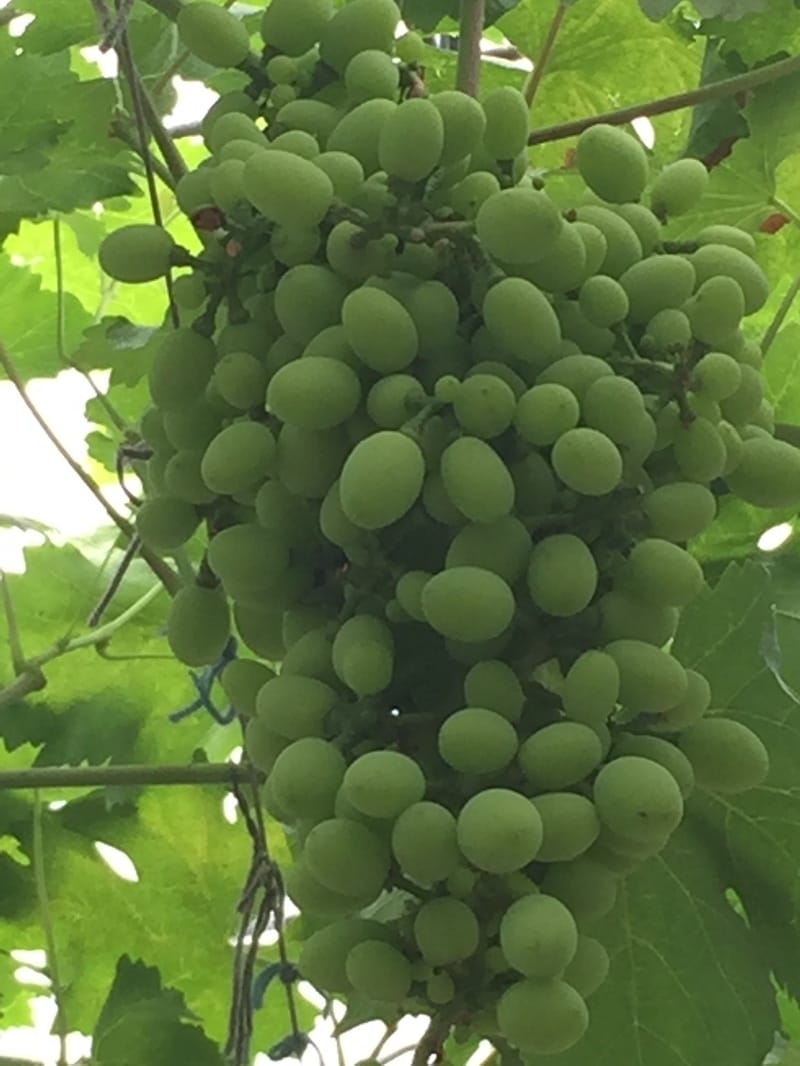 Grapes (Adam, 2017)
Grapes (Adam, 2017)
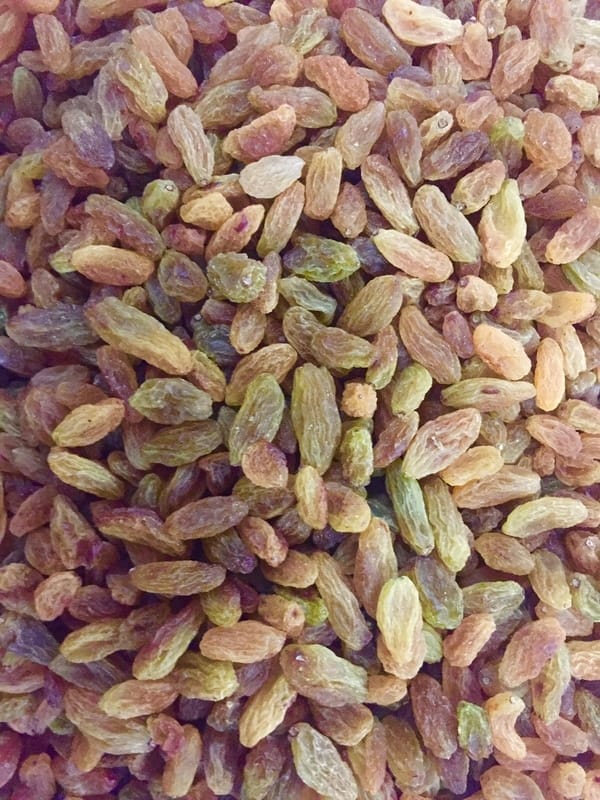
|
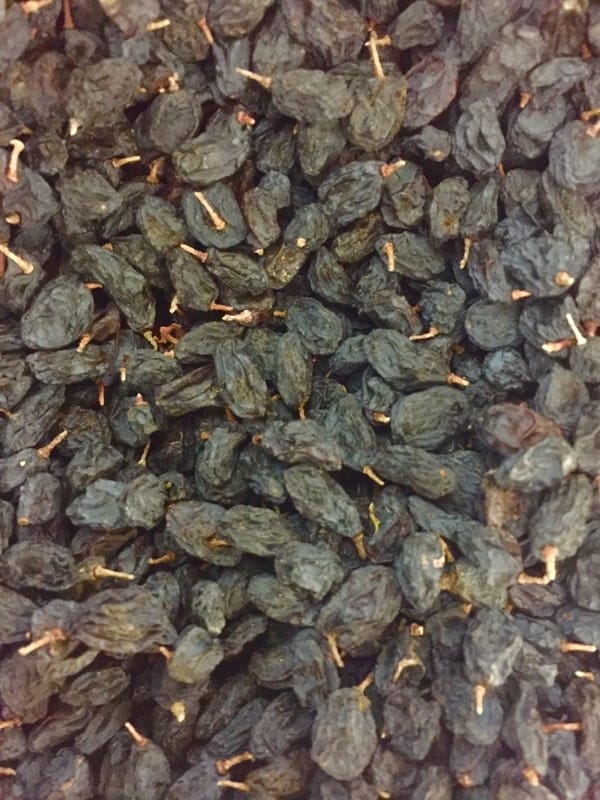
|
 Members CLICK HERE for the PRO VERSION
Members CLICK HERE for the PRO VERSIONBotanical name:
Vitis vinifera
Parts used:
Grapes, Unripe Grapes, Raisins, Wine
Less commonly Stem, Leaf, Juice or Tears, Root
Temperature & Taste:
Leaf: Cool, dry.
Raisins: Warm, moist. Sweet
Classifications:
2L. EMOLLIENT.
3J. INCREASE SEMEN. 3K. EXPECTORANT. 3L. ANTI-TUSSIVE
4d. PECTORAL. 4e. STOMACHIC. 4g. HEPATIC
Uses:
RAISINS:
1. Strengthens and Nourishes the Lungs:
-coughs, roughness of the windpipe, acute and chronic bronchitis, hoarseness, shortness of breath, bronchiecstasis, difficulty breathing;
2. Tonifies the Qi and Blood:
-increases Qi, nourishes the blood; Anemia (West, TCM)
-Palpitation, Insomnia from Heart Blood deficiency (TCM)
-to ‘augment the Blood’, take 7 drams of Raisins (The Secrets of Alexis, 1615)
3. Nourishes the Kidney Yin, Clears Heat:
-Kidney and Bladder pain with hot, sharp urine (Gerard)
-Strangury, Difficult Urination (West, TCM)
-Edema; recommended for children who have enuresis to eat some every day.
4. Clears Heat and Poison, Promotes Stool:
-benefits the Liver, and to open and cleanse, and promote stool
-biliousness, hepatitis and jaundice
-gastritis, colitis and constipation
Dose:
RAISINS: 6–8, every 2–4 hours during the day, and up to 9 can be added to a decoction. As a laxative, soak 12 or more Raisins in a cup of warm water, leave overnight, and drink in the morning;
GRAPE JUICE (Dark Grapes are best): 100–300mls., usually diluted, 1–2 times daily.
Comment:
… available in PRO version
Preparations:
… available in PRO version
Substitutes:
… available in PRO version
Correctives:
… available in PRO version

Main Combinations:
Raisin & Licorice
1. Cough, Raisins with … available in PRO version
2. For Lung diseases, Raisins with … available in PRO version
3. Cough, Hoarseness, Asthma, Lung weakness, Raisins with … available in PRO version
4. For diseases of the Throat including Hoarseness, Laryngitis, Tonsillitis, Raisins with … available in PRO version
5. Chronic Lung disease, Cough, chronic Asthma, difficulty Breathing, Raisins with … available in PRO version
6. Catarrh, combined equal parts of Decoction of Raisin and … available in PRO version
7. To strengthen the Stomach and promote Digestion, Raisins with … available in PRO version
8. As a Restorative Tonic in Anemia, Debility, as well as Cough and Bronchitis, Raisins with … available in PRO version
9. To cleanse and strengthen the Brain, Raisins with … available in PRO version
10. Biliousness, Raisins with … available in PRO version
11. As a mild laxative:
i. Raisins … available in PRO version
ii. Decoct Raisins … available in PRO version
Major Formulas:
Decoction for Asthma (Zacharia)
Decoction of Hyssop and Coltsfoot (Wirtzung)
Decoction of Marshmallow root
Decoction of Senna
Decoction to Cool
Pectoral Decoction (Augustana)
Electuary of Life (Arnold de Villa Nova)
Triphala Electuary of Raisins (Unani)
Antidotum Asthmaticus (Nicholas)
Raisin 7 (Tibetan Medicine)
Raisin Electuary (Mrdvikadia Leha) (Ayurveda)
Sea Buckthorn 5 (Star bu 5) (Tibetan Medicine)
Cautions:
Raisins are generally Safe.
1. ‘In inflammatory Fevers, or an hot State of the Bile, both Raisins and Currants ought to be avoided; for in these Disorders they increase the Effervescence of the Humours.’ (A Treatise on Foreign Drugs, Geoffroy and Thicknesse, 1749)
2. ‘Being too frequently eaten they are prejudicial to the Gums, as they vellicate and dispose them to Putrefaction’. (A Treatise on Foreign Drugs, Geoffroy and Thicknesse, 1749)
Main Preparations used:
Ashes of the Branches, Lohoch of Raisins, Honey of Raisins
-
Extra Info
-
History
|
‘Grapes, in Sanskrit Draksha, were known to the ancient Hindus, and are noticed by Susruta and Charaka; in the dried state they were used in medicine on account of their demulcent, laxative and cooling properties. It would also appear that a spirituous preparation was made from them, and was used as a stimulant under the name of Draksha-arishta, the receipt for making which is as follows:— Raisins, 12 ½ lbs., water 256 lbs., boil together until reduced to one-fourth and strain ; then add, treacle 50 lbs., cinnamon, cardamoms, folia Malabathri, flowers of Mesua ferrea, fruit of Aglaia Roxburghiana, black pepper, long pepper and seeds of Embelia ribes, all in fine powder, of each 2 3/4 ozs., and set aside for fermentation. Grapes are described by Dioscorides under the name of [?]; he also notices raisins and their medicinal properties. |
Pliny speaks of Uvae grapes, and acini passi, raisins. The [?] of the Greeks, Faex vini in Latin, is our Argol; the Milhel-Tartir of the Arabs. Mahometan writers consider grapes and raisins to be attenuant, suppurative and pectoral; the most digestible of fruit, purifying the blood and increasing its quantity and quality; they say that they are more wholesome if kept a few days after being gathered, and that the skin and stones should not be eaten. The ashes of the wood are recommended as a preventive of stone in the bladder, cold swellings of the testes, and piles; in the two last named diseases they are to be applied externally as well as given internally. The juice of unripe grapes, Husrnm, Arab., Ohureh, Pers., is used as an astringent; it is the [?] of Dioscorides, and tho Agresto of the modern Italians, who still use it in affections of the throat.’ (Vegetable Materia Medica of Western India, Dymock, 1885) |
